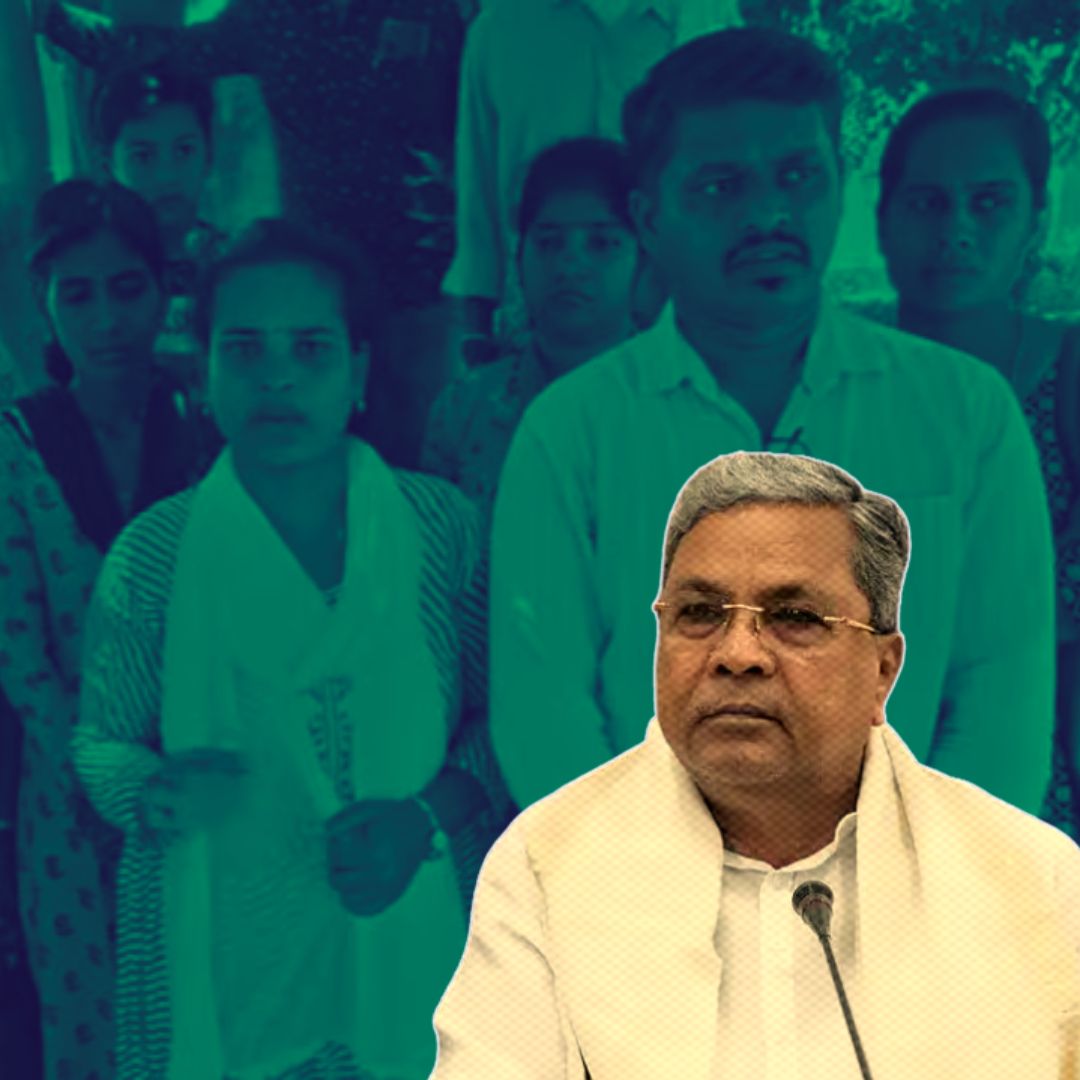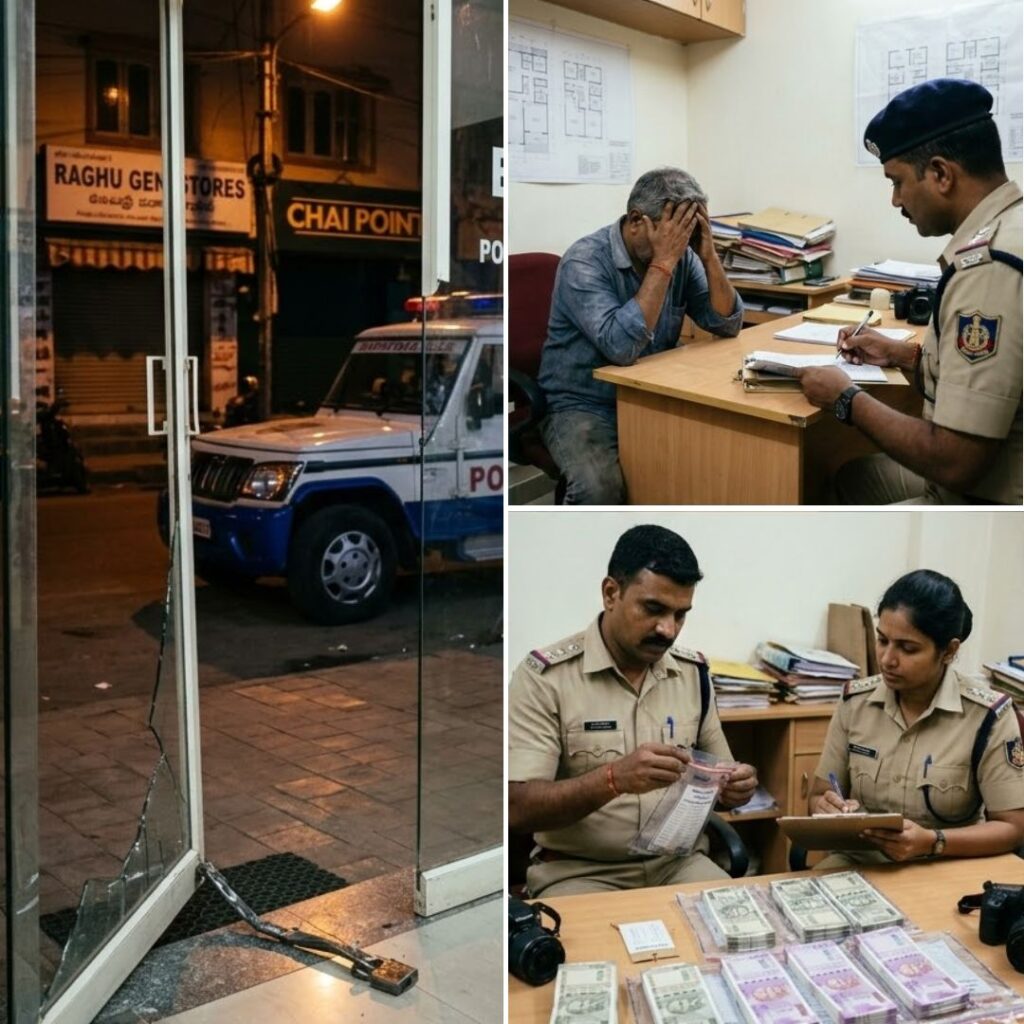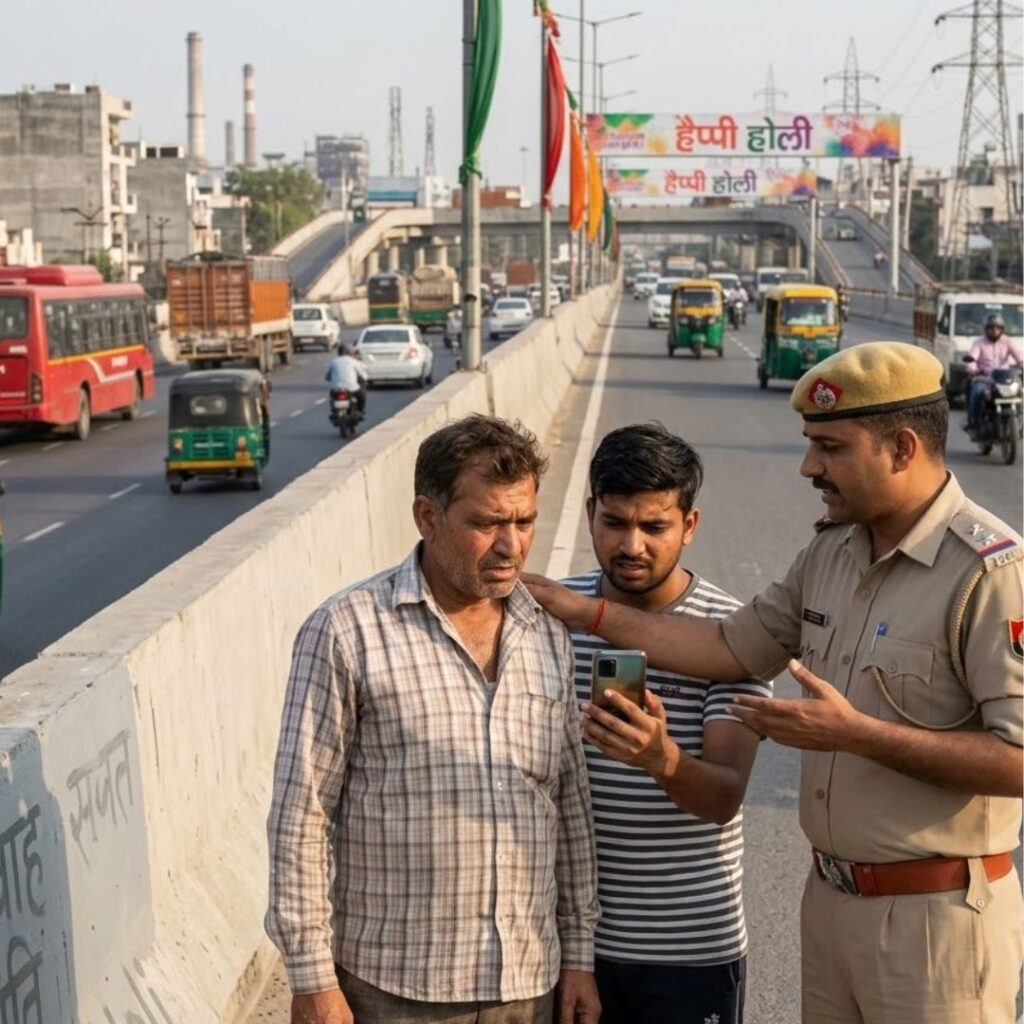Families of 32 Covid-19 patients who died in a 2021 oxygen crisis at Chamarajanagar district hospital have escalated their protests, threatening mass suicide if Karnataka’s Congress government fails to fulfil promises of permanent jobs and adequate compensation.
Four years after the tragedy, grieving relatives announced plans to return their ₹1 lakh interim compensation by May 2, 2025, accusing leaders, including Chief Minister Siddaramaiah, of “inhuman neglect” during his April 24 visit to the district. The crisis underscores systemic failures and the human cost of unkept political assurances.
A Cry for Dignity Amid Desperation
The families, many from marginalised communities, say temporary jobs provided in 2023 at taluk offices in Kollegal, Gundlupet, and Yelandur lasted barely six months, leaving them in financial distress. “They offered us ₹15,000-a-month contracts as sweepers or clerks, but how is that dignity?
Our loved ones died because the government failed-now they’re failing us again,” said Nagarathna, whose husband was among the victims. During Chief Minister Siddaramaiah’s recent visit, protesters were barred from meeting him, exacerbating frustrations.
“We’ll return the compensation and end our lives if no action is taken by May 2,” warned another relative.
Systemic Neglect and Political Accountability
The May 2, 2021 tragedy occurred when oxygen supplies from Ballari were delayed by hours, forcing Mysuru to dispatch emergency cylinders. A state-appointed committee later indicted hospital authorities and district officials for “gross dereliction of duty.”
Despite Congress’s 2021 promises of ₹1 lakh compensation and jobs, delays persisted even after the party formed the government in 2023. In January 2024, District Minister K Venkatesh announced contract-based jobs, but families rejected these as “tokenism.”
Notably, no official statements addressing the April 2025 protests or suicide threats have been issued, deepening accusations of apathy.
The Logical Indian’s Perspective
This harrowing standoff reflects the catastrophic consequences of bureaucratic inertia and political short-termism. Governments must prioritise dignity over token gestures-permanent employment and mental health support are non-negotiable for victims of systemic failures.
The absence of dialogue from the Chief Minister’s office risks normalising extreme measures as tools of protest. How can citizens hold institutions accountable without resorting to life-threatening demands?












